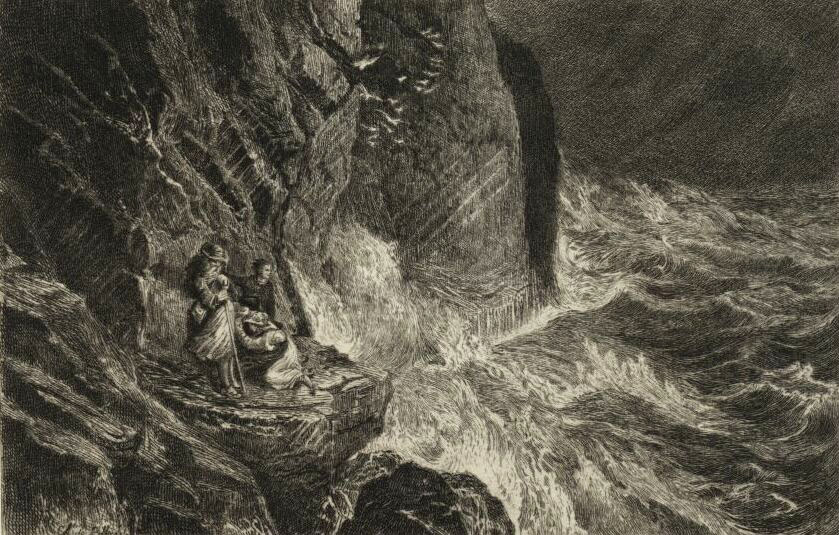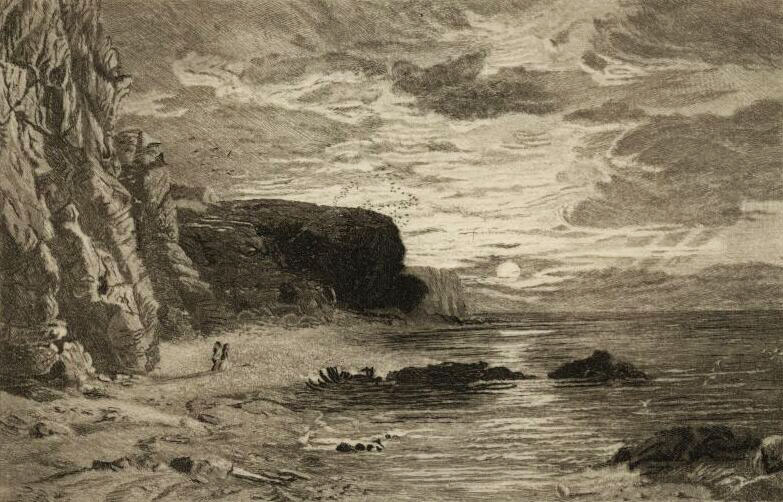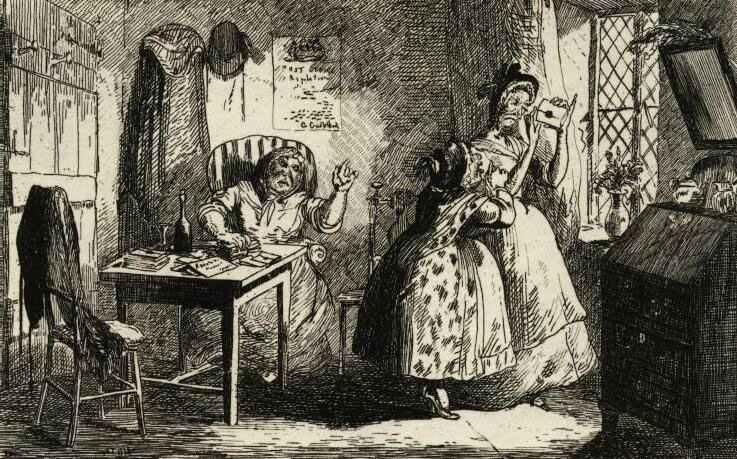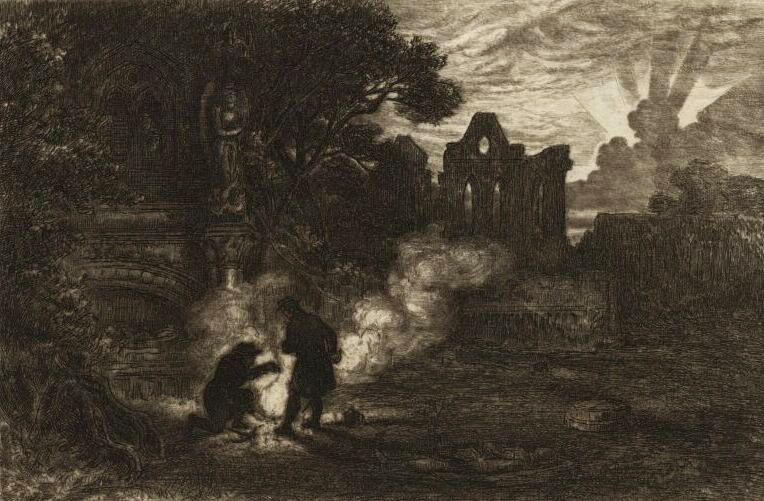I have had a heck of a time finding reading material this winter. Though the iPad and the Kindle app make it extremely easy to acquire and sample books, I generally start three or four books for every book I finish, just because most books aren’t worth finishing (to my tastes, at least), and I won’t waste time on them. After a brief digression into nonfiction, I settled on Sir Walter Scott.
Clearly Sir Walter Scott is very rarely read anymore. This is odd, since he was a best-selling author in the 19th century and inspired a generation of writers. Universities have very little interest in him, outside the University of Edinburgh. It would be interesting to try to dissect why Scott is so neglected. Could it be because filmmakers have not adapted any of his works for a blockbluster, creating a new literary market? Is it because he is hard to read, with his thick, erudite prose and heavy doses of hard-to-parse dialect? Is it a shortage of romance? An excess of untranslated Latin and French? Rare would be the modern high school student or even college student who would be able to navigate Scott’s prose without lots of notes and professorial assistance.
But I am finding that Scott has all the ingredients I like. As I have frequently mentioned here, I have very little interest in here-and-now fiction. What use are stories about people just like us, living in places just like the places we live in, grappling with the same modern existential issues that we grapple with? No, I want fiction to take me far away, to a real or imagined place very unlike the present world, the world which I read to escape. Scott does that.
He was considered a historical novelist. He wrote in the early 1800s, but most of his stories were set in the past. Whether his history is good history or bad history is of very little interest to me; this is fiction, after all. Scott likes strong Gothic elements and an undercurrent of magic — ruined abbeys, hidden passages, the sea crashing against the rocks, strange victuals in ancient kitchens, haunted houses, old folk tales woven into the narrative. His characters are as vivid as Dickens’, and his conversations snappy (but long). What’s not to like? I have started with The Antiquary, one of the Waverley novels.
In doing some Googling about Scott, I came across a broadside criticism of Scott by Mark Twain, blaming Scott’s novels for the “jejeune romanticism” of the American South. Who knew? And you’ll find lukewarm conversations about whether a Scott revival is merited in the book blog at the Guardian. A persistent Googler may even find some discussion about Scott’s influence on Tolkien.
Unless Hollywood comes out with a Sir Walter Scott blockbuster, I wouldn’t look for a Sir Walter Scott revival. But lovers of English literature and the British Isles who’ve not yet sampled Scott will certainly want to do so.
The illustrations are from The Antiquary.





Post a Comment